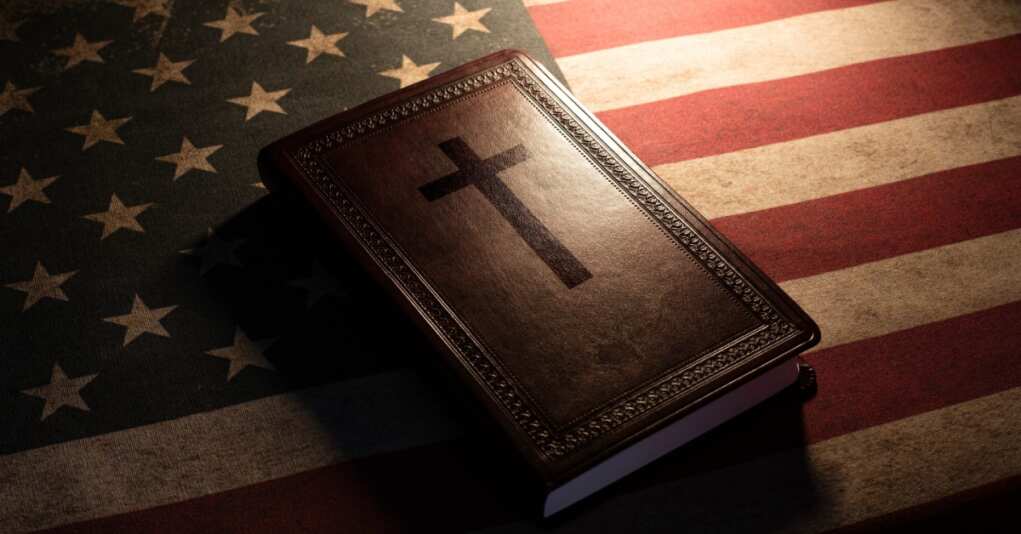Faith in the West Wing: Trump’s Divine Intervention or Political Ploy?

In a move that has the Beltway buzzing, President Donald Trump has announced the creation of a White House Faith Office, aiming to ’empower faith-based entities, community organizations, and houses of worship to better serve families and communities.’ This initiative, unveiled at the National Prayer Breakfast, is set to be housed under the Domestic Policy Council and will consult with faith community experts on policy changes to ‘better align with American values.’
Now, let’s pause for a moment. The federal government, not exactly known for its spiritual inclinations, is suddenly embracing faith-based organizations. One might wonder if this is a genuine attempt to bolster religious freedom or a strategic move to court a specific voter base. After all, the timing is impeccable, coming right after the President signed an executive order to create a task force aimed at eradicating ‘anti-Christian bias’ within federal agencies like the DOJ, IRS, and FBI. Attorney General Pam Bondi has been appointed to lead this crusade, with a mission to ‘immediately halt all forms of anti-Christian targeting and discrimination within the federal government.’
It’s worth noting that this isn’t the first time a President has mingled faith and politics. Previous administrations have established similar offices, but the fervor with which this initiative is being pursued is noteworthy. The President’s personal connection to faith has been highlighted recently, especially after surviving two assassination attempts last year. He remarked that his relationship with religion has ‘changed,’ and many have told him that ‘God spared my life for a reason.’
Critics, however, are raising eyebrows. The establishment of a White House Faith Office and the accompanying task force have sparked debates about the separation of church and state. Some argue that these moves could blur the lines, leading to potential constitutional challenges. The U.S. Constitution’s First Amendment does limit government endorsement of religion, after all.
Supporters, on the other hand, see this as a long-overdue acknowledgment of the role faith-based organizations play in society. They argue that empowering these groups can lead to more effective community outreach and support, especially in areas where government programs have fallen short.
The appointment of Rev. Paula White, a longtime religious adviser to the President, to lead the Faith Office adds another layer to this narrative. Her close relationship with the President and her role in this initiative signal a deepening bond between the administration and certain religious communities.
In the end, whether this is a divine intervention or a political maneuver is up for debate. What is clear, however, is that the intersection of faith and politics is becoming increasingly prominent in the current administration. As the task force begins its work and the Faith Office takes shape, Americans will be watching closely to see how these initiatives unfold and what impact they will have on the nation’s delicate balance between church and state.

